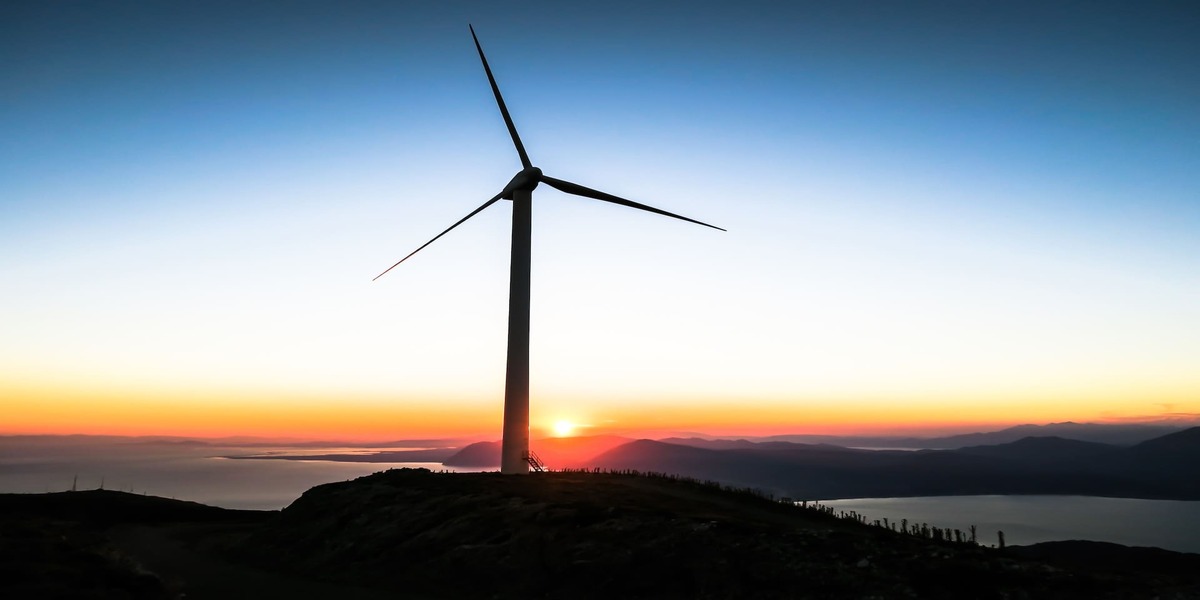Clean Energy’s Role in Combating Climate Change

Climate change is one of humanity's most pressing challenges in the 21st century. The Earth's climate is rapidly changing due to human activities, primarily burning fossil fuels, deforestation, industrial processes, and various other practices that release greenhouse gases into the atmosphere. The consequences of these actions are evident in rising global temperatures, extreme weather events, melting ice caps, and disruptions to ecosystems worldwide.
Role of Energy in Climate Change
Energy production and consumption play a pivotal role in driving climate change. Fossil fuels such as coal, oil, and natural gas are the primary energy sources for electricity generation, transportation, and heating in many parts of the world.
When burned, these fuels release carbon dioxide (CO2) and other greenhouse gases into the atmosphere, contributing significantly to the greenhouse effect and global warming.
Transitioning to Clean and Renewable Energy
A fundamental shift from fossil fuels to renewable and clean energy sources is imperative to mitigate climate change. Renewable energy, derived from solar, wind, hydroelectric, and geothermal power sources, offers a sustainable alternative with significantly lower carbon emissions. Advancements in technology have made renewable energy more affordable and accessible, paving the way for a transition to a cleaner energy future.
Conclusion
Climate change and the global energy landscape are intrinsically linked. The urgent need to address climate change requires a comprehensive shift towards sustainable, renewable energy sources. Embracing cleaner energy solutions mitigates the impacts of climate change and paves the way for a more resilient and environmentally conscious future.
The time to act is now.
By prioritizing renewable energy, adopting sustainable practices, and supporting policies promoting a greener economy, we can collectively work towards a more sustainable and habitable planet for future generations.
Frequently Asked Questions
1. Why is renewable energy crucial in combating climate change?
Unlike fossil fuels, renewable energy sources produce little to no greenhouse gas emissions. By transitioning to renewables, we can significantly reduce our carbon footprint and slow down climate change.
2. How does climate change impact energy systems?
Climate change can affect energy systems by disrupting supply chains (e.g., through extreme weather events), impacting infrastructure (e.g., rising sea levels threatening coastal power plants), and altering energy demands due to temperature fluctuations.
3. What role can individuals play in addressing climate change in relation to energy?
Individuals can contribute by adopting energy-efficient practices at home, supporting renewable energy initiatives, advocating for sustainable policies, and reducing personal carbon emissions through choices like using public transportation or driving electric vehicles.
4. Are there economic benefits to transitioning to clean energy?
Yes, transitioning to clean energy can create new job opportunities in the renewable energy sector, reduce healthcare costs associated with air pollution, and promote technological innovation, fostering economic growth.
5. How can governments accelerate the shift to clean energy?
Governments can implement policies and incentives that promote renewable energy adoption, invest in research and development for clean technologies, and set ambitious targets for reducing greenhouse gas emissions.
Comments
No comments yet. Be the first to comment!
